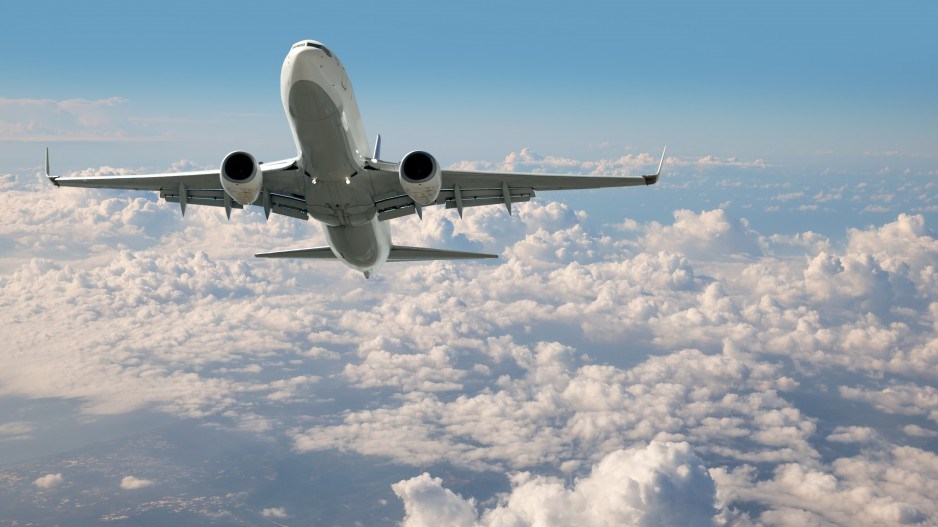Is anyone else having this conversation as we turn the corner into fall and winter?
“So, how was your summer? Did you get away anywhere interesting?”
(I respond that I had a great kayaking trip in Haida Gwaii, flying in and out. Blah blah blah, and you? etc.)
Then: “Do you have any travel plans for the fall?”
As my friends and acquaintances get older (is this just me?) we seem to define ourselves by how far we fly every year: winters in Phoenix, trekking tours in Bhutan, Broadway shows in New York, shuttles to Etobicoke to see the grandchildren.
Young people are in this game too. If you haven’t been to Thailand or Laos before you’re 25, like, really, what have you been doing? Flying off to the Coachella music festival is all in a weekend’s play.
Needless to say, anyone in business who isn’t flying around to meet sales reps, keep up at conferences, attend board meetings or feel the pulse in China is barely credible.
What continues to amaze me is how unreal even so-called environmentalists can be about the environmental impact of flying.
Many of us frequent flyers are horrified at people who don’t recycle; we carry coffee cups to avoid throwaways; we buy fuel-efficient cars, take the bus or even cycle to reduce our impact on the environment, but air travel is the elephant in the sky. We sort of know that the impact of these huge carbon emissions at high altitude (an estimated 3% of global greenhouse gas emissions and rising) is two to four times more harmful than the same emissions on the ground. But that does not compute when we rank what we’re willing to change, or whether YVR should even talk about a limit to the growth of air travel.
Here’s another set of facts that will be greeted with whatever response suits the tribe we’re in: according to the latest PwC Low Carbon Economy Index, the world is on an “unmistakable trend” toward a human-caused climate disaster.
At current rates, we’re looking at 4 C above pre-industrial levels by the end of the century, twice the 2 C target agreed to at the United Nations 2009 climate summit. In other words, we are knowingly setting up our grandchildren for rising sea levels, coastal flooding, crippling heat waves, unprecedented droughts, torrential downpours, widespread food shortages, species extinction, pest outbreaks, economic horror and exacerbated civil conflicts and poverty.
I know. I don’t want to hear it either. According to George Marshall, who was recently at University of British Columbia promoting his new book, Don’t Even Think About It: Why Our Brains Are Wired to Ignore Climate Change, humans have evolved to respond to threats that are visible and immediate, have historical precedent and direct personal impact, and are caused by an “enemy.”
Climate change is none of these.
It is invisible, unprecedented and drawn out, it affects us indirectly, and the enemy is us.
Marshall cites Nicholas Stern, economist and author of the Stern Review, who says climate change is “the perfect market failure”: we would rather risk losing 20% of annual income in 50 years than spend 1% today.
Other commentators on this tragic trait say the answer is to focus on concerns we all share that can be dealt with today. Rising sea levels is a good example; it’s happening now and everyone can understand it.
So kudos to Simon Fraser University’s Public Square and the Vancouver Foundation for putting up a $35,000 prize for RISE, an ideas competition for addressing the sea level rise that is poised to paralyze port, road and air transportation and trigger other economic, social and environmental upheavals in Metro Vancouver.
Pointing to positive actions, rather than hectoring people with grim facts, may possibly help us rewire our brains.
Or not. I just bought my tickets to China in October. •
Peter Ladner ([email protected]) is a co-founder of Business in Vancouver. He is a former Vancouver city councillor and former fellow at the SFU Centre for Dialogue. He is the author of The Urban Food Revolution.



